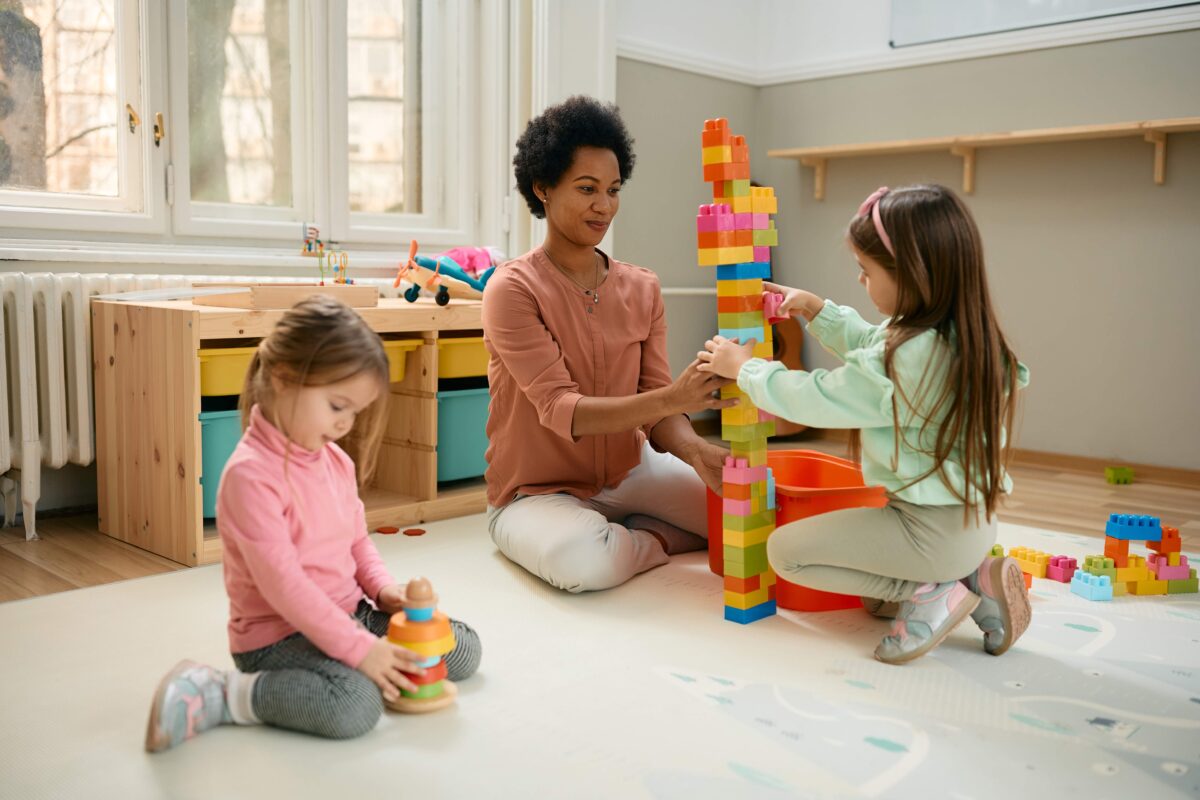Facilitating Friendships for Autistic Kids

Navigating the world of friendships can be a complex journey for any child and for the parents of an autistic child, can be one of the hardest parenting roles to play. For autistic children, this journey might present unique challenges, but it also brings forth special moments of connection and understanding. As a mother of an autistic child, I’ve learned and adapted over the years, picking up strategies that have helped my child build meaningful friendships. I’m here to share some of those insights with you, with hopes that they can assist your child in both school and out-of-school environments.
1-Establishing a Communication Bridge
The key to any successful relationship is communication. For our autistic kids, understanding and expressing emotions might sometimes be a puzzle. It’s essential to provide them with tools to bridge that communication gap. This could be in the form of visual aids, apps, or even simple gestures that help convey feelings. Teach them basic social cues and rehearse potential conversation scenarios. Regular practice can make the process more intuitive over time. This can be something that is included in their IEP and worked on with a speech therapist in and out of school.

2. Peer Sensitization in School
One of the most effective ways to cultivate an inclusive environment in school is by sensitizing classmates about autism. Host a session where kids can learn about the spectrum in an age-appropriate manner. Have the teacher share books about autistic characters (you can check out my Super Fun Day Book series as a good example for younger students). The more their peers understand autism, the more empathetic and patient they’re likely to be. It also opens the door for genuine curiosity and questions, making it easier for your child to relate and connect.
3. Identify Shared Interests
A common interest is a great conversation starter and can be the foundation of many friendships. Whether it’s a love for art, music, or a particular hobby, honing in on these shared passions can pave the way for mutual understanding and connection. Encourage your child to join clubs or groups in school that align with their interests. Their special interests may be interesting to other kids as well.
4. Organize Play Dates and Outings
Outside the school environment, it can be beneficial to arrange playdates. Start small; maybe invite just one or two children over. Keep the time short at first, so that you end on a strong note. Make sure you communicate with your child when the playdate will end and give reminders of how much more time they have. Ensure it’s in a setting where your child feels most comfortable, whether that’s at home or a familiar park. Over time, as both kids become accustomed to each other, you can introduce new settings, longer duration, and new experiences.

5. Build a Supportive Network
Connect with other parents of autistic children. Not only can they offer valuable advice, but they can also introduce your child to potential friends who might understand and share their experiences better. Building such a network provides a dual benefit: your child gets to make friends, and you have a supportive community understanding the unique challenges and joys of raising an autistic child. Remember, you are not alone!
6. Celebrate Small Wins
Every step towards a new friendship, no matter how small, is a significant achievement. Celebrate these moments. It could be as simple as your child sharing a toy or initiating a conversation. These small wins boost confidence and encourage them to keep trying.
7. Practice Patience and Persistence
Lastly, remember that every child is different. What works for one might not work for another. It’s crucial to be patient and persistent. There will be setbacks, but with love, understanding, and the right strategies, our children can and will forge meaningful friendships.
Facilitating friendships for autistic children requires a mix of preparation, understanding, and patience. The journey might be different from that of neurotypical children, but it’s equally beautiful, filled with genuine moments of connection. Cherish them and continue to pave the way for your child to thrive socially, just as they do in other aspects of life. And remember, you don’t have to do this alone. There is a whole community of parents who have walked in your shoes and are here to help.

Sivan Hong
Instagram: @sivan_hong_author
Website: https://sivanhong.com
Language: English

